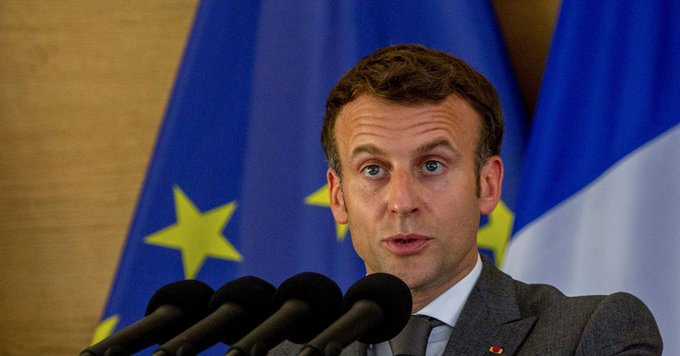Anjan Roy
This moment is emblematic of France. Victor Hugo’s tale of the Hunchback of Notre Dame features the hunchback swinging from the great bells of the cathedral, filling the streets of Paris with its resonant sounds.
Now, five years after it faced a catastrophic fire, the Notre Dame cathedral is set to be inaugurated by French President Emmanuel Macron on December 4. Macron has chosen to place this restored landmark at the forefront of European diplomacy.
He has transformed this event into a significant diplomatic achievement by inviting the American president-elect, Donald Trump, to a lavish reopening gala. Trump, who appreciates admiration and vibrant displays, is thrilled to be the chief guest at this grand event.
This development signals a shift in transatlantic relations and underscores the importance of alliances among Western nations. Until recently, Great Britain boasted a “special relationship” with the United States, prominently showcased during World War II and post-war reconstruction in Europe.
Now, France seeks to take the lead, aiming to influence American perspectives throughout Europe. The UK has been sidelined, becoming less significant in the eyes of American policy makers. France aspires to be the primary European voice for the US, allowing its views to be communicated directly rather than through NATO channels.
Meanwhile, Germany’s economic dominance has waned, and its former chancellor, Angela Merkel, is no longer in power. Merkel and Trump’s relationship lacked chemistry, as their political philosophies diverged significantly.
Merkel is promoting her memoir, “Freedom,” in Washington alongside former US President Barack Obama. Her legacy in Germany is now mixed, with controversial policies such as the closure of nuclear plants and increased reliance on Russian natural gas leaving Germany vulnerable to threats from Russia.
Furthermore, Merkel’s liberal immigration policies, particularly the acceptance of millions of Syrian refugees, have led to significant social challenges, deteriorating law and order in Germany—concerns consistently highlighted by Trump during his campaign.
In today’s European landscape, Trump seems to value the one leader most disliked by others on the continent—Viktor Orban, the President of Hungary. Orban has consistently criticized liberal democracy and undermined institutions like an independent judiciary and a free press.
For Macron, accommodating Trump could serve as a strategic approach amidst the turmoil in Europe, characterized by struggling economies and the looming threat of Russia overwhelming Ukraine, which poses challenges to democratic institutions in Western Europe.
Trump had almost renounced the post-war security assurances for European nations. NATO’s provision that an attack on one member is an attack on all had historically protected Western Europe against Russian aggression. However, Trump has suggested that Russia could act freely in its dealings with NATO members.
By engaging with Trump, Macron hopes to rekindle discussions around that foundational American security promise. As Russian threats to Western Europe become more pronounced, Macron could potentially convey a message of security that benefits both parties.
If Trump can be persuaded to consider Europe’s calls for a security arrangement against potential Russian aggression, it would represent a significant achievement.
One encouraging sign is that Trump has appointed a close family member as the US ambassador to France, suggesting that France may have better access to the unpredictable American president through this connection. (IPA)


Leave a Reply